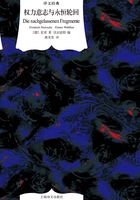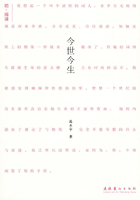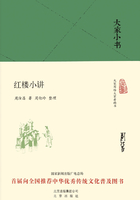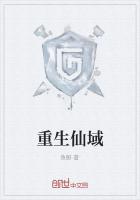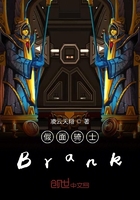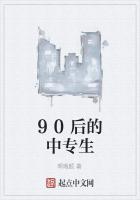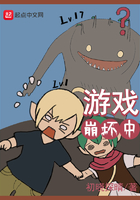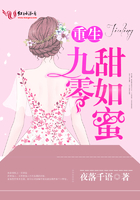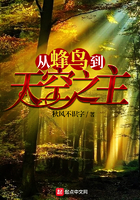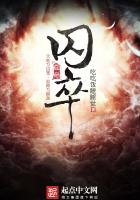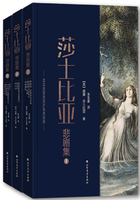There was a young woman who had been diagnosed with a terminalillness and had been given three months to live.So as she was getting herthings“in order,”she contacted her Rabbi and had him come to herhouse to discuss certain aspects of her final wishes.
She told him which songs she wanted sung at the service,what scrip—tures she would like read,and what outfit she wanted to be buffed in.
Everything was in order and the Rabbi was preparing to leave whenthe young woman suddenly remembered something very importantto her.
“There’S one more thing.”she said excitedly.
“What’S that?”came the Rabbi’S reply.
“This is very important,”the young woman continued.“1 want tobe buried with a fbrk in my right hand.”
The Rabbi stood looking at the young woman,not knowing quitewhat to say.
“That surprises you.doesn’t it?”The young woman asked.
“Well,tO be honest,I’m puzzled by the request,”said the Rabbi.
The young woman explained.“My grandmother once told me this story,and from there on out,I have always done SO.I have also,alwaystriass along its message to those I 10ve and those who are in need of encouragement.
“In all my years of attending socials and dinners.I always remember that when the dishes of the main course were being cleared,someone would inevitably lean over and say,‘Ke印your fork.’It was my favor—ite part because I knew that something better was coming···like velvety chocolate cake or de印一dish apple pie.Something wonderful,and with substance!
“So,I just want people to see me there in that casket with a fbrk in my hand and 1 want them to wonder‘What’S with the fork?’Then 1 want you to tell them:‘Keep your fork…the best is yet to come.’”
The Rabbi’S eyes welled up with tears of joy as he hugged the young woman good—bye.He knew this would be one of the last times he would see her before her death.But he also knew that the young woman had a better grasp of heaven than he did.She had a better grasp of what heaven would be like than many people twice her age,with twice as much experience and knowledge.
She knew that something better was coming.At the funeral people were walking by the young woman’S casket and they saw the cloak she was wearing and the fork placed in her right hand.Over and over,the Rabbi heard the question.
“What’S with the fork?”And over and over he smiled.
During his message,the Rabbi told the people of the conversation he had with the young woman shortly before she died.He also told them a.bout the fork and about what it symbolized to her.The pastor told the people how he could not stop thinking about the fork and told them thatthey probably would not be able to stop thinking about it either.
He was right.So the next time you reach down for your fork,let itremind you ever SO gently,that the best is yet to come.Friends are a veryrare jewel,indeed.They make you smile and encourage you to succeed.They lend an ear,they share a word of praise,and they always want to open their hearts to US.Show your friends how much you care.Rememberto always be there for them,even when you need them more.For younever know when it may be their time to“Keep your fork”.
Cherish the time you have,and the memories you share…beingfriends with someone is not an opportunity but a sweet responsibility.
“If you are thinking one year ahead.you plant rice.If you are think—ing twenty years ahead,you plant Uees.If you are thinking a hundred years ahead,you educate people.”
diagnose V.诊断
aspect n.外观,方向,方面
encouragement n.鼓励;奖励
inevitably adv.不可避免地;必然地
funeral n.葬礼;出殡
cherish v.珍爱,爱护,怀有
responsibility n.责任,负担,职责
女人与叉子
一名年轻女子被确诊患了绝症,只能活三个月了。为了把一切都处理好,她约牧师到自己家商谈她的遗愿。
她告诉他,在她丧礼上该唱哪些圣歌,她喜欢听哪些经文,哪些用品可以给她做陪葬。
一切都处理得井井有条,牧师准备离开,这时,女人突然想起一件很重要的事。
“还有一件事。”她激动地说。
“是什么事?”牧师问道。
“一件很重要的事,”女人继续说道, “我下葬时右手要握着一把叉子。”
牧师站在那儿,看着这位年轻女子,不知道该说什么。
“你可能觉得奇怪,是吗?”女人问道。
“噢,是的,说真的,我不明白你为什么会提出这个要求。”牧师说。
女人解释说:“我的祖母曾经给我讲过一个故事,从此以后,我一直是这么做的,我也一直把这个故事讲给那些需要鼓励的人听。”
“这些年来,我参加过很多社交活动或是应酬,我记得,当所有的主菜都被吃完,餐桌也被收拾干净后,总有人会俯下身对我说:‘留着你的叉子。’这是我最喜欢听的话了,因为我知道,要有好东西上来了,比如又滑又软的巧克力蛋糕、用深深的大盆盛着的苹果馅饼等等。那是一定好吃的东西!
“因此,我希望别人看到棺材里的我手里拿着叉子,我要他们好奇地想:‘为什么要拿着叉子?’然后,我要你告诉他们:‘拿好你的叉子……好东西在后面呢。’”
牧师的眼里涌出欣喜的泪水,他与女人相拥道别。他知道这是她临终前的最后一次会面了,他也知道女人对天堂的理解比他更加透彻。即使年长她两倍,有着更丰富的社会经验和知识的人,也没有她对天堂的理解那么深刻。
她知道好东西在后面。葬礼上,人们走在女人的棺材旁,看着她身穿斗篷,右手拿着叉子,他们一个又一个问着这个问题。
“为什么要拿一把叉子呢?”一次又一次,他微笑着。
在念经文时,牧师告诉人们他与女人生前的那次谈话,他给他们讲叉子的故事以及它对女人的象征意义。牧师告诉人们,他一直在思索着这个故事,他想他们也会很难忘记这个故事。
他是对的。因此,当你下次手拿叉子时,让它来轻轻地提醒你,好东西在后面呢。确实,朋友是珍贵的珠宝,他们能让你微笑着面对人生,他们能鼓励你走向成功。失意时,他们是最忠实的听众;高兴时,他们说着赞美的话语,他们总是随时乐意为我们敞开胸怀。告诉你的朋友,你是多么珍惜这段友情,记住,你一直在他们身边,无论何时你都更需要他们的关怀,因为你不知道什么时候他们会说:“拿着你的叉子。”
珍惜现在的每时每刻,珍惜你所拥有的回忆……和别人交朋友,也许不是一个机会,而是一个甜蜜的责任。
“假如你提前一年想到,你是在种植粮食;假如你提前二十年想到,你是在种植树木;假如你提前一百年想到,你是在教育人。”


